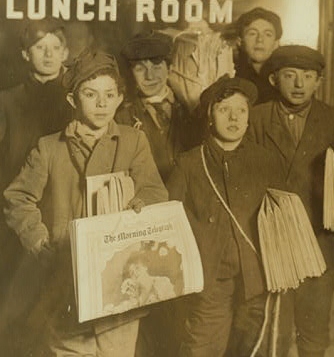A Dyslexic boy in a Trojan horse
‘Come in’, said the Well Known Educational Psychologist. We did. ‘Please sit down’, she said, and we did. She didn’t waste time, and quite right too. We wanted to know.
‘Tom and I have had a very interesting afternoon.’ That sounded bad.
‘He’s a very able child indeed’. That sounded worse, because it came with the emphatic pause that always indicates a big ‘but’.
In the pause I wondered why we’d done this. Why we’d taken a little boy out of the woods and out of his playground to have someone fumble inside his head with blunt tools: indices, probes, inventories, and assumptions about normality.
‘He’s quite dramatically dyslexic, I’m afraid.’ My wife shared her fear. There was a lot of it sloshing around. ‘But his IQ is so high that he’ll be able to use lots of coping strategies. And he’s still very young: there’s lots that can be done.’ And she told us what it was. Regulations could be invoked, tribunals could be convened, cards could be flashed, phonemes could be chanted. He could be imprinted like other children. It would just take longer. It would be hard work, for Tom and for us, but there was every reason to be hopeful of a ‘good result’.
And what the hell did that mean? I asked myself. I was too polite to ask her. I didn’t want a result. I wanted my son.Read More »A Dyslexic boy in a Trojan horse


